
If after washing your head or wearing a hat, your hair is highly electrified or when you try to style your hair, and it obediently reaches for the comb, this indicates the presence of a problem electrified hair. Know — not only you have faced such trouble. The problem of “electrified hair” is relevant at any time of the year, but it sounds especially acute in winter.
Static electricity most often occurs as a result of friction of one surface against another. For example, when we comb our hair or when it comes in contact with the hat. During friction, electrons are redistributed, and as a result, one object receives a positive charge and the other a negative. As you know, charges with different signs are attracted (this just explains why the hair stretches to the comb). But it is the hair that receives the same charges, so the laws of physics repel each other. Thus, we have the effect of naughty hair flying in different directions.
Table of Contents
Why is hair more often electrified in winter?
In the cold period, there is a lack of humidity in the air, which can lead to the accumulation of static electricity and adversely affect the condition of the hair. Brittle and dry hair often suffers from electrification. What else can cause and exacerbate this problem?
External factors:
- Temperature differences
- Cotton and acrylic hats
- Hypothermia of the head, snow and rain
- Damage to the hair by hot airflow when drying with a hairdryer
- Dry air in the room
- Constant washing of the head with hot water
- Friction on synthetic jumpers, dresses
- Wrongly selected comb

Internal factors:
- Lack of vitamins and trace elements in the body
- Lack of vitamin D. It primarily affects the condition of nails, hair, and then the skin begins to suffer. Improper care or complete absence. For a beautiful and healthy look, you need to choose the type of care products.
- Thyroid disease
- Hypothyroidism and hyperthyroidism affect the structure of the hair. Patients often complain of dryness, fragility, or loss.
- Improper nutrition, which does not provide the body with the necessary nutrients.
- Injured hair, which makes them dry, porous, and even more brittle.
- Wrongly selected material of the cap.
- Climatic conditions, sharp changes in temperature and humidity — this is especially true for those who often travel to different cities.
- Harmful living or working conditions. Constant staying in a smoky area or work in a company with constant emissions of chemicals: hair absorbs them and becomes dry.
- Loss of moisture by the body. Water also comes from the hair. Due to the moisture, they are easy to fit and do not magnetize. You need to drink more water, especially if you have to be in the sun often or use a hairdryer or curling iron.
- Use of inappropriate hairdressing tools.
- Iron and plastic accessories lead to electrification. Therefore, it is necessary to prefer natural materials.
How to remove static from hair

Start with care: shampoos, conditioners, and masks should contain moisturizing and nourishing components. If circumstances allow, do not use a hairdryer to dry your hair naturally. Use combs with natural bristles, as well as serums, oils, or leave-in conditioners. You can apply these products to wet or dry hair, whichever option you prefer. There is no single product that would be perfect for everyone, so it's your hair. Try a few products with a natural composition and focus on the one that suits you best.
Experts recommend using the following methods to quickly put your hair in order at an important event:
- Moisten your palms with mineral or plain water and run them through your hair.
- Smear your hands with cream or apply a little hygienic lipstick on your palms and smooth your hair with your hands. The main thing is to use a moderate amount, otherwise, the strands will look greasy.
- Pour mineral water into a spray bottle and drip a little essential oil of lavender or rose. If necessary, the liquid sprayed on the hair. This tool can be used constantly. It not only removes static charge but also nourishes the hair.

Tips for getting rid of hair static
- If your hair is dry and brittle, use moisturizing shampoos, and do not forget to apply conditioner after each wash. Wash your head with warm, water, and rinse with cold. Make a moisturizing mask once or twice a week.
- If you have the increased fat content and dandruff, alternate sub-regulatory shampoos with shampoos for frequent use.
- Prefer combs with natural bristles — they remove static electricity and perfectly untangle hair. If you have an oily scalp type, pay attention to special combs with ionization.
- When drying your hair, set a cold mode, and better yet — buy a hairdryer with an ionization function. It will not only help to forget about static electrification but also reduce the fragility of hair and improve the appearance of the hair, especially if the hair quickly becomes greasy.
- If you use styling products, choose only those that do not contain alcohol, so as not to overdry the hair.
- Control the humidity in the room with humidifiers, and when you go outside — wear a hat with a silk or satin lining.
Care of artificial hair
Of course, any hair, natural and artificial, needs care. Usually, wigs and clip-in extensions are washed in cold water and dried with a hairdryer (a stream of cold air). It should be stored on a jar or a disc created specifically for this purpose. Natural clip-in extensions need to be styled after each brush to keep the hair in shape. All kinds of curling, dyeing, and straightening of wigs should be either minimized to make the wig last longer or do it very carefully.
Wigs made of synthetic fibres should be cleaned and cared for only with cold water. Such clip-in extensions are more prone to electrification, so it is worth putting them only using cold air or ordinary curlers, otherwise, the hair will be permanently damaged. By the way, an experienced stylist or consultant will also select the necessary tools for the care of a wig or any of its other varieties. These include special shampoos and balms, they can be purchased at beauty salons or immediately when buying a clip-in extension.
Read also:
How To Care For Your Hair In Winter And What Color Will Be Fashionable?

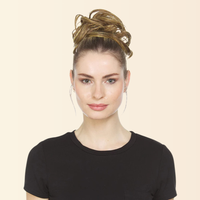
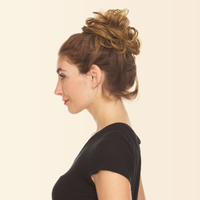
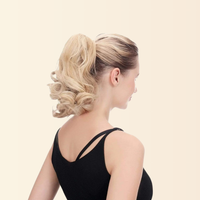
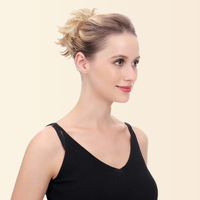


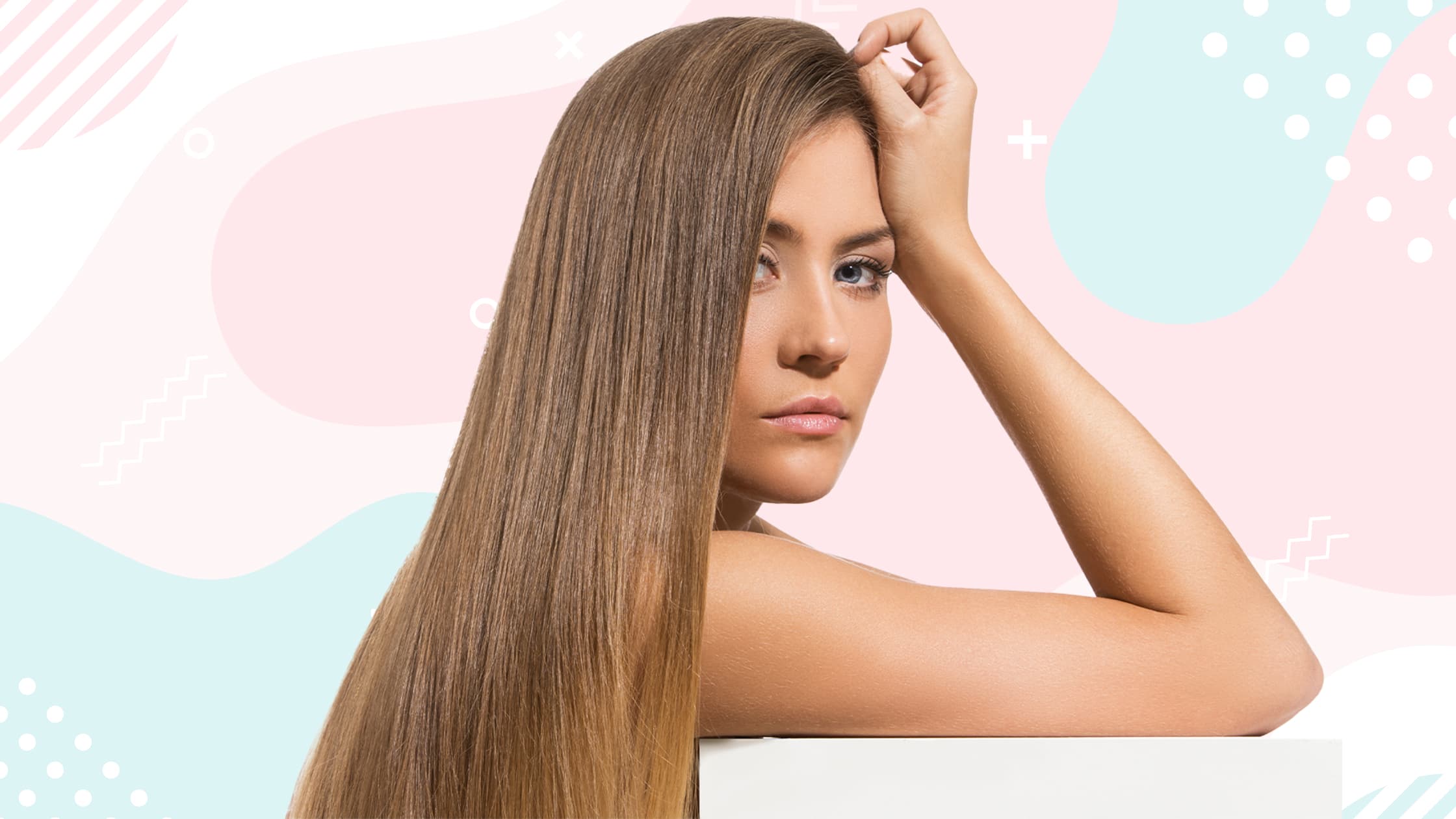

Leave a comment
This site is protected by hCaptcha and the hCaptcha Privacy Policy and Terms of Service apply.